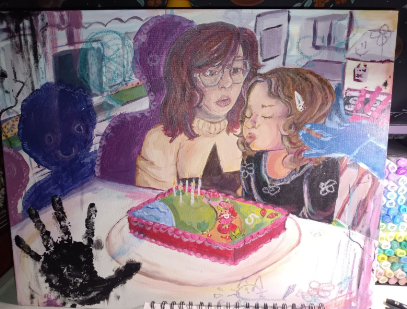How to Avoid Family Tension with Political Differences
The holidays are here, and even though the Christmas season will look different than most years, there will still be communication among family and friends. The Christmas season is the perfect time to reach out to old friends and wish them happy holidays. A common topic of conversation at family gatherings is politics. If you are lucky enough to have the same political views as your extended family, things probably go smoothly. But that is not always the case, and these conversations can get ugly.
A good first step is to recognize the strength of the relationship. It is always good to evaluate how that person will respond and go about the conversation with an open mind. Politics is a lot about perspective and sometimes we have to try to understand it from where they are coming from.
It is okay to agree to disagree. This is an easy go-to to prevent further arguments. If both sides have already been discussed and you just cannot see eye to eye, agree to disagree. This unifies the conversation and brings it back to positive vibes.
On occasion, you have to pick your battles. Some things are not worth getting into an argument over. A little evaluation and “thinking before speaking“ before getting into a deep conversation will benefit both parties. This tactic can avoid many ugly family fights. In fact, DHS Social Studies teacher, Mr. Bartholomew offers this advice: “Keep in mind that just because a family member decides to make a family conversation political does not mean that you need to engage. The easiest way to kill a controversial conversation is to refuse participation no matter how much you may want to! If you are asked, “What do you think about _______”? Just say, “Well, that this seems like a highly political question that will only lead to negativity, arguments, and fighting. Can we talk about family or something that might lead to a happy and positive conversation?”
Some issues can be overlooked, however, everyone has a few political issues that they are very passionate about and are not negotiable views for them. In this case, make sure that the discussion stays on issues. Mr. Bartholomew, who is no stranger to discussions on politics says, “If you do engage in a political debate, avoid personal attacks. It’s clear to everyone in or near a political conversation that the first person who attacks someone’s intelligence, age, experience, etc. has just lost the debate. They are only attacking because they are insecure in their position. Feel free to remind them of that as well.”
A little research and fact-checking together also never hurts. If at the end of the conversation, the opposing person is not open to other opinions, this is, understandably, where relationships weaken. You may not want to be associated with someone with such opposing views, and that is okay.
Before tackling these hard conversations, have the correct facts, and spread your concern for these issues in a respectful manner. Relationships are important, but some things can be a deal-breaker, and those are the questions you have to ask yourself.

Katie is a senior and a third-year member of the Crimsonian staff. She is a varsity cheerleader and on the competition team. She participates in orchestra,...











